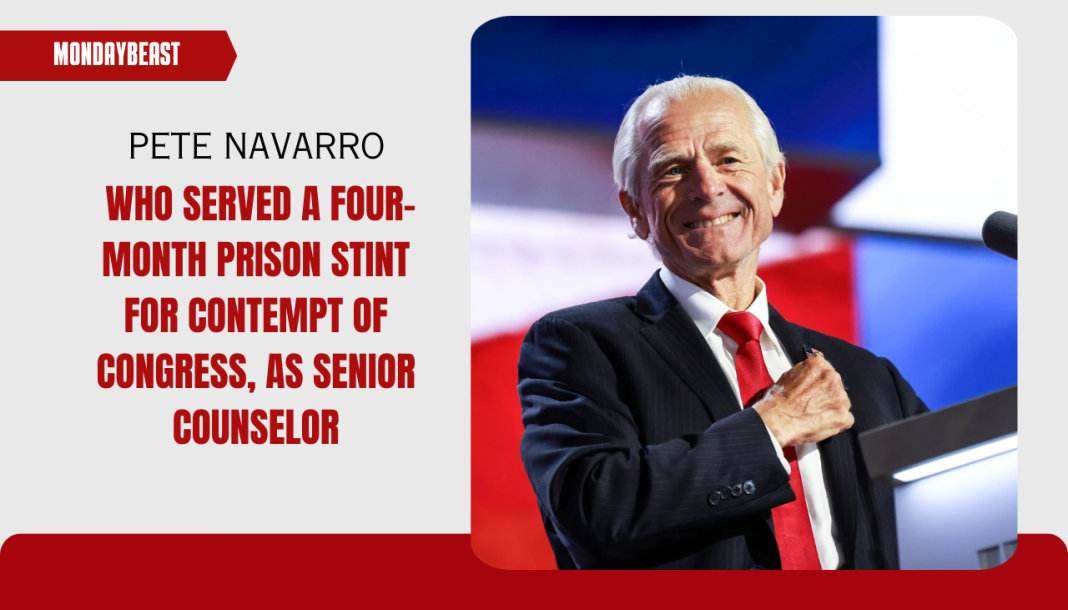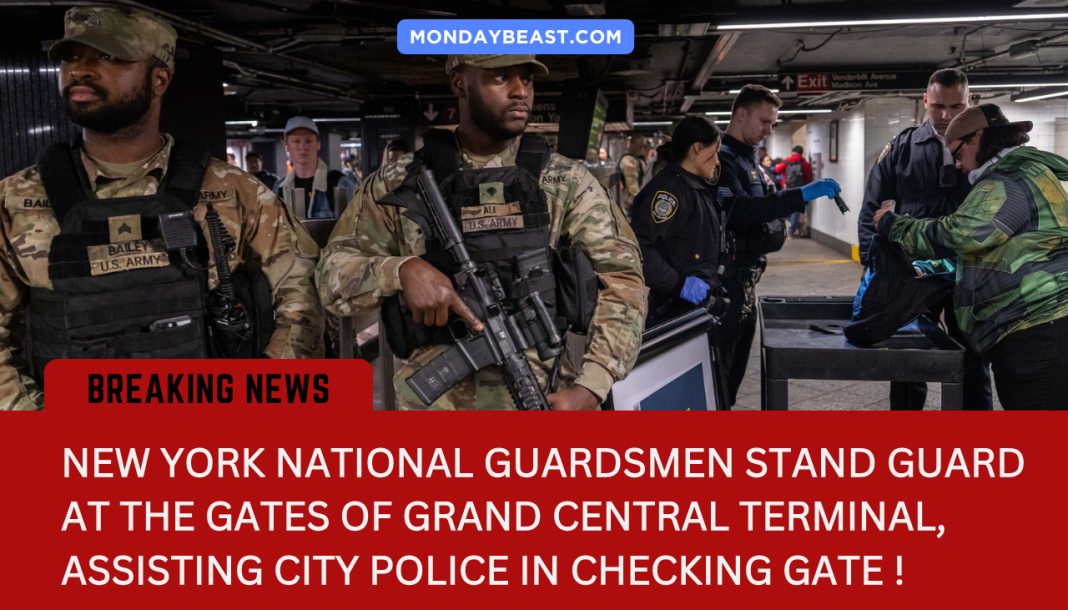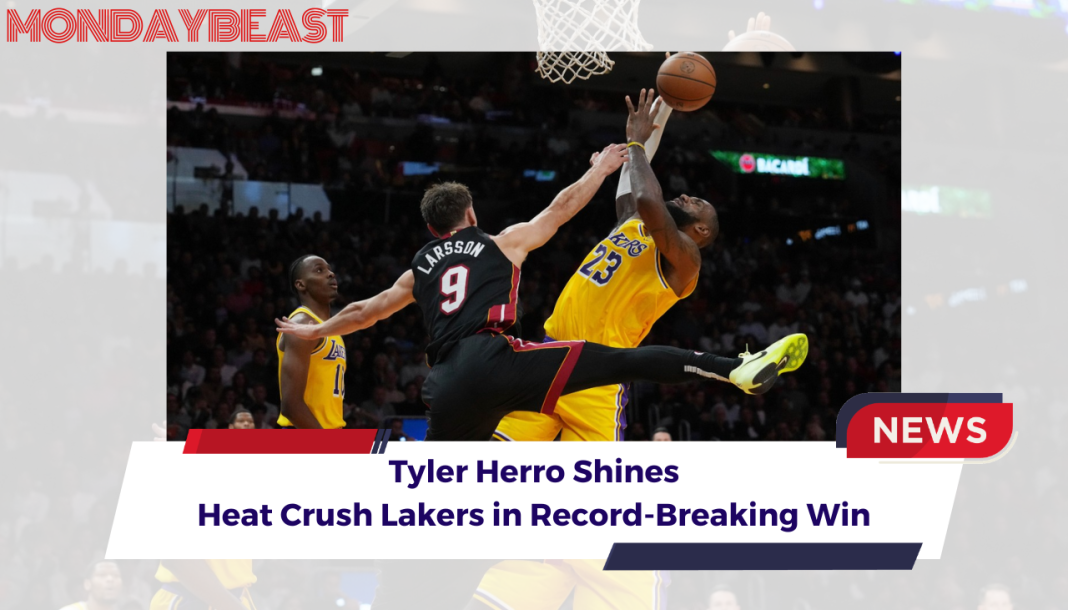The news of Peter Navarro’s return to the White House as a senior counselor has left many Americans astonished. Trump’s decision to hire someone recently convicted for contempt of Congress raises eyebrows. What are the implications of this for U.S. politics and trade policy?
Navarro previously served as the head of the National Trade Council. His appointment comes after a rocky tenure defined by a mix of policy expertise and eccentric views. Many are left wondering if his influence will forge a new path for trade or simply fan the flames of division.
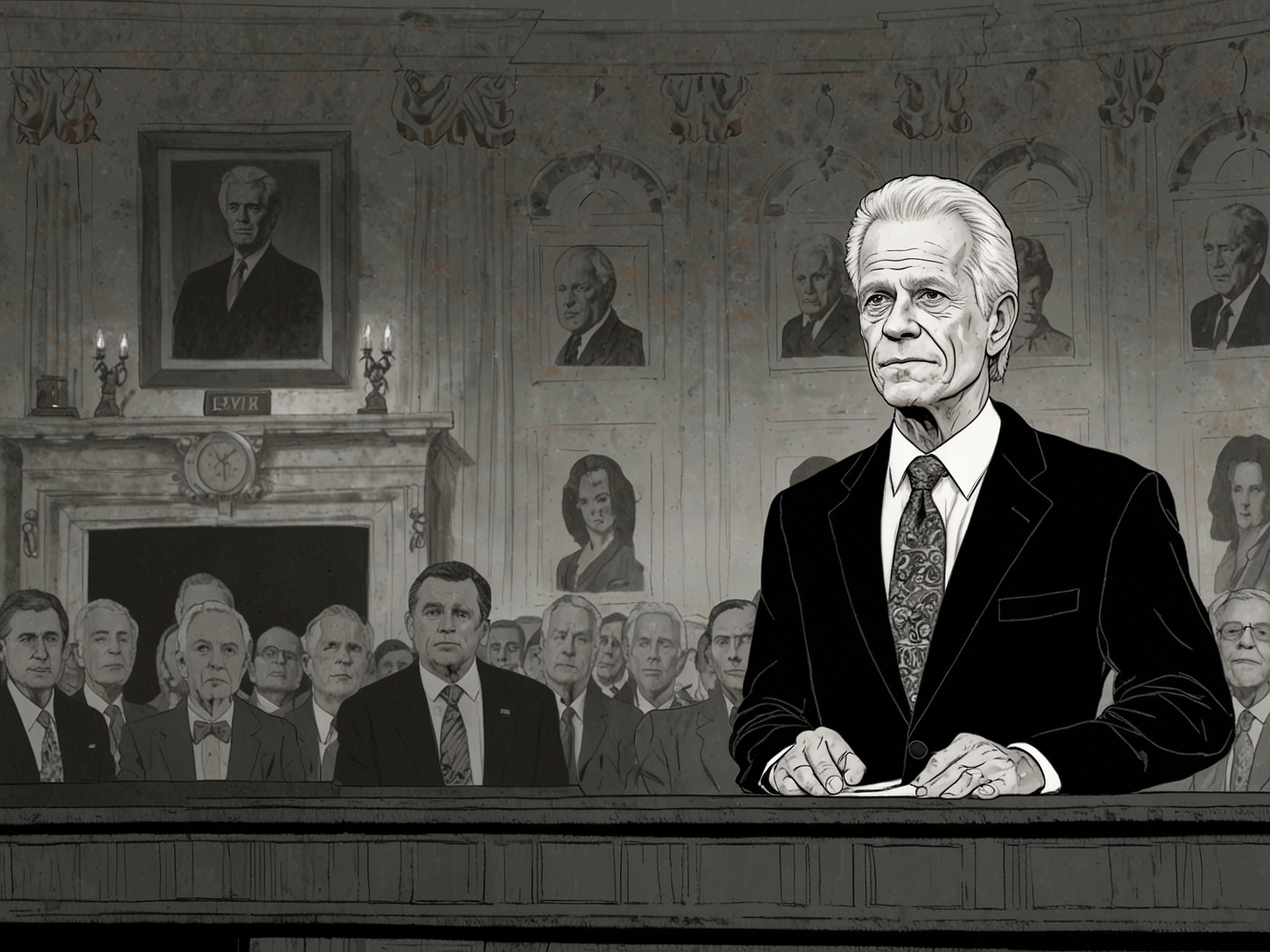
In a statement on Truth Social, Trump praised Navarro’s experience. He believes Navarro’s skills will help advance key issues on tariffs and trade agendas. But how does this align with the concerns of average Americans feeling the pinch of rising prices?
Peter Navarro holds a PhD from Harvard and has taught economics in California. His credentials are impressive, yet his contentious lifestyle raises questions. Was his tenure in the Trump administration truly effective?
After losing the 2020 election, Navarro stood at the epicenter of a controversial plan to overturn the democratic process. His “Green Bay Sweep” proposal aimed to reject legitimate electoral votes. Mike Pence, as vice president, refused to support it, citing legal concerns. What were the repercussions of such a scheme on democracy?
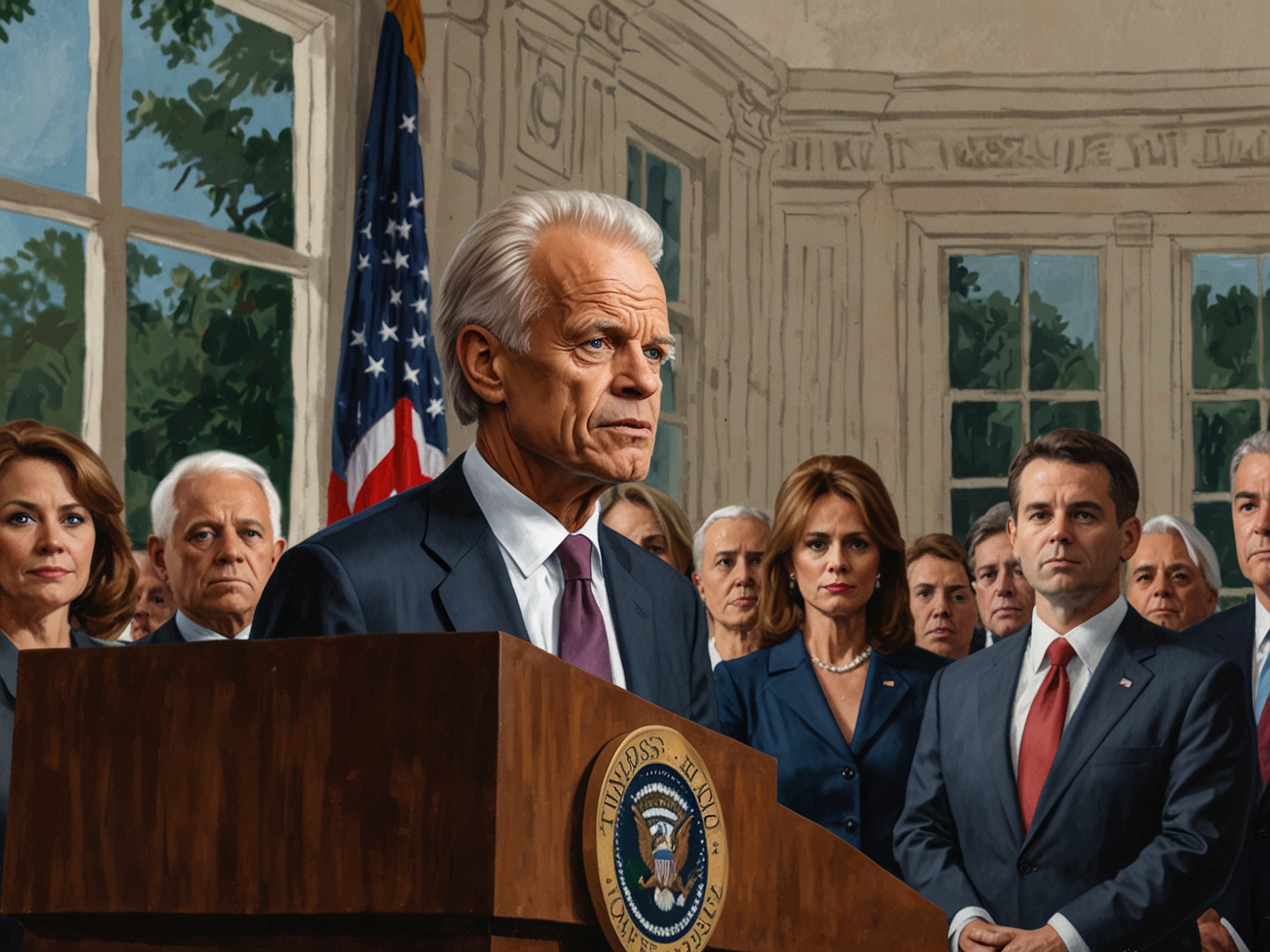
Navarro’s refusal to cooperate with a congressional subpoena resulted in his contempt charges. The swift actions taken against him were a reminder of the consequences of defying the law. As Navarro faced a jury, many continued to speculate about his motives and future in politics.
Upon conviction, he received a four-month prison sentence. Released to the roar of applause at the Republican National Convention, he seemed unfazed by recent events. The crowd’s support for him raises broader issues about accountability. Are people willing to overlook actions that undermine democracy?
Many supporters view Navarro as a political martyr. His boldness resonates with a segment of Americans who feel disillusioned. But is blind loyalty to controversial figures beneficial for the country?
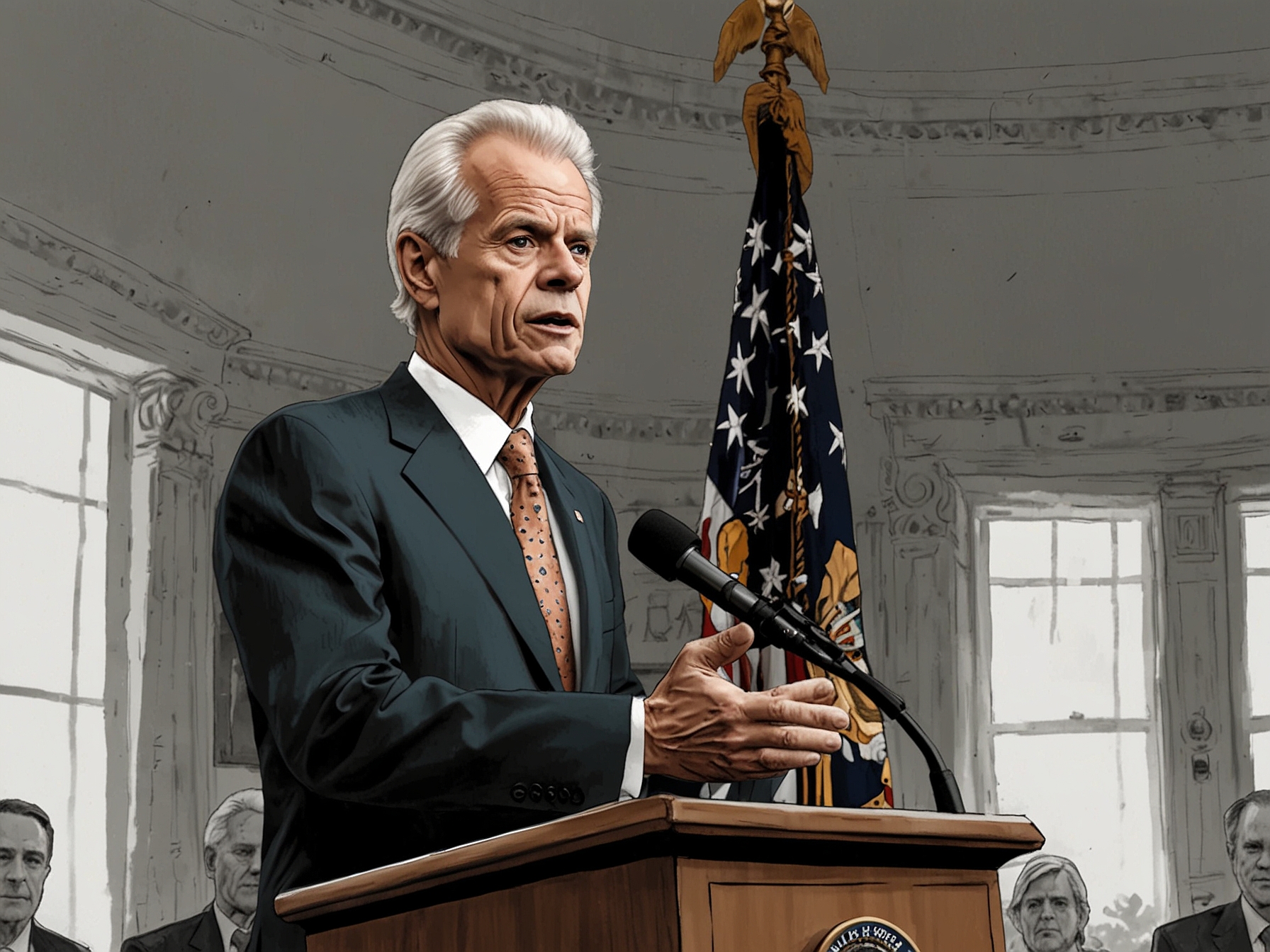
The Trump administration has always stirred debate. Staff appointments are scrutinized, and Navarro is no exception. The implications of his hiring extend beyond trade policy; they touch the very core of American democracy and unity.
Trade issues are vital to the workings of everyday life. As the country faces challenges like inflation, leadership choices will be pivotal. Can Navarro reshape U.S. policies to better serve the nation’s economic interests?
Ultimately, public opinion remains divided. Some might see nostalgia for Trump’s administration as a reason to rally behind Navarro. However, many others are wary. Can a figure with a controversial past be trusted with future policies affecting the economy?
As debates rage on social media and in households, one thing is clear. The hiring of Peter Navarro is likely to intensify discussions on governance and accountability. Where do we go from here? Will this administration’s policies lead to unity or more division?

